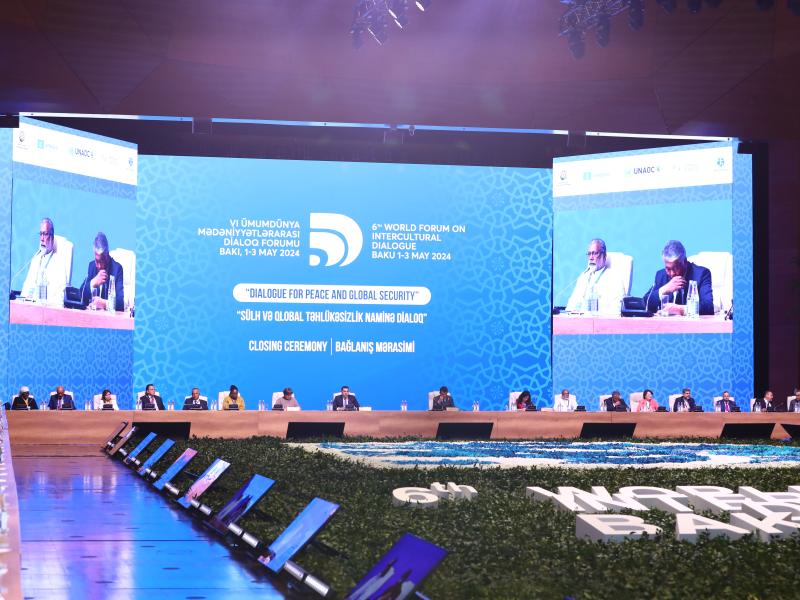Recruiting a new generation of Special Constables from Black and Asian communities to serve in Birmingham’s diverse communities can help tackle gang violence, says the local man vying to be the next Police and Crime Commissioner of the West Midlands when elections are held in May 2021. It comes amid growing calls for an emergency response to prevent rising gang-related violence over spring and summer when Covid lockdown is eased, following the murder of a 15 year old teenager in Handsworth.
Now Capt. Jay Singh-Sohal, who was born and raised in Handsworth, says recruiting more local Specials would ensure a strong uniformed presence on the ground, made up of people representative of diverse communities, who understand and can better engage with residents and youth about gangs and the sub-culture behind it. He sees Specials drawn from inner-city areas as an important element of work the PCC should be doing within the community to defuse and deter gang violence.
Special Constables are unpaid, volunteer police officers who undertake their policing duties, often in the evenings and on weekends. Many volunteers step forward to become Specials out of a sense of civic duty and desire to serve their communities. They are motivated not by pay, but by using their experience outside of policing to protect life, property and their local area as fully warranted police officers. Recruiting more Specials would build upon the increase in police officers numbers announced by the Government within the three-year uplift programme, which has so far seen 366 extra police officers funded in 2020/21 and 360 in 2021/22.
Jay Singh-Sohal said: “I believe we need a police force that better represents the communities they serve, and we need it now not in a year or two. Under my plan, Specials will be a key part of that. I urge the Labour PCC to accept the need for immediate action and fast track through recruitment and vetting more Specials so they can support the communities they know well as quickly as possible.
We must move quickly to increase representation within our on-street police presence ahead of the potential for rising crime in the summer. “Public trust and confidence in policing has been badly damaged, but we cannot stand idly by and let rising violence affect our youth. Whilst gang-related crime is complex and requires multiple approaches, we do not have the luxury of time and must act quickly to tackle the potential for rising crime.”
In the West Midlands, the number of Special Constables across the region has declined dramatically, from 937 in 2007 during the last Labour government to 591 in 2010 before the Coalition came to power. The current Labour PCC has reduced the number of Specials further by 63% resulting in just 220 Specials serving the West Midlands as a whole. This is causing concern for Birmingham Northfield MP Gary Sambrook, who wants to see more Specials recruited from his constituency too to tackle local crime issues.
Gary Sambrook MP said: "It's very telling that the Labour PCC has not responded to rising gang-related crime, he is disconnected to issues affecting Birmingham residents. He has failed to innovate and utilise Special Constables, who have a vital role to play in community policing. So it's refreshing to hear Jay's plan to ensure we increase representation but also reach out to communities in Birmingham affected by ever-increasing crime. I welcome the focus this will bring at a time when residents across our city are worried about violent crime."
The challenge for the approach will be to implement a rapid community recruitment drive at a time when the process for bringing into the force more Specials has been ignored by the current Labour Commissioner. But it can be achieved with strong leadership and focus from the PCC. By bringing a diverse profile to the top of policing in the West Midlands, Jay Singh-Sohal believes he can deliver a change in step as PCC to bring in more Specials linked strongly with the communities they are best placed to serve.
The recruitment and training process can take between 8 months to a year, including police vetting. But some forces, including Essex (where the PCC is a Conservative), have prioritised resources to reduce this down to 18 weeks (or 4 ½ months). Meanwhile, the Bedfordshire PCC has overseen an intensive two-week training course for Specials which replaces the training other forces usually deliver over six weekends. Both have resulted in more Specials being brought in.

















